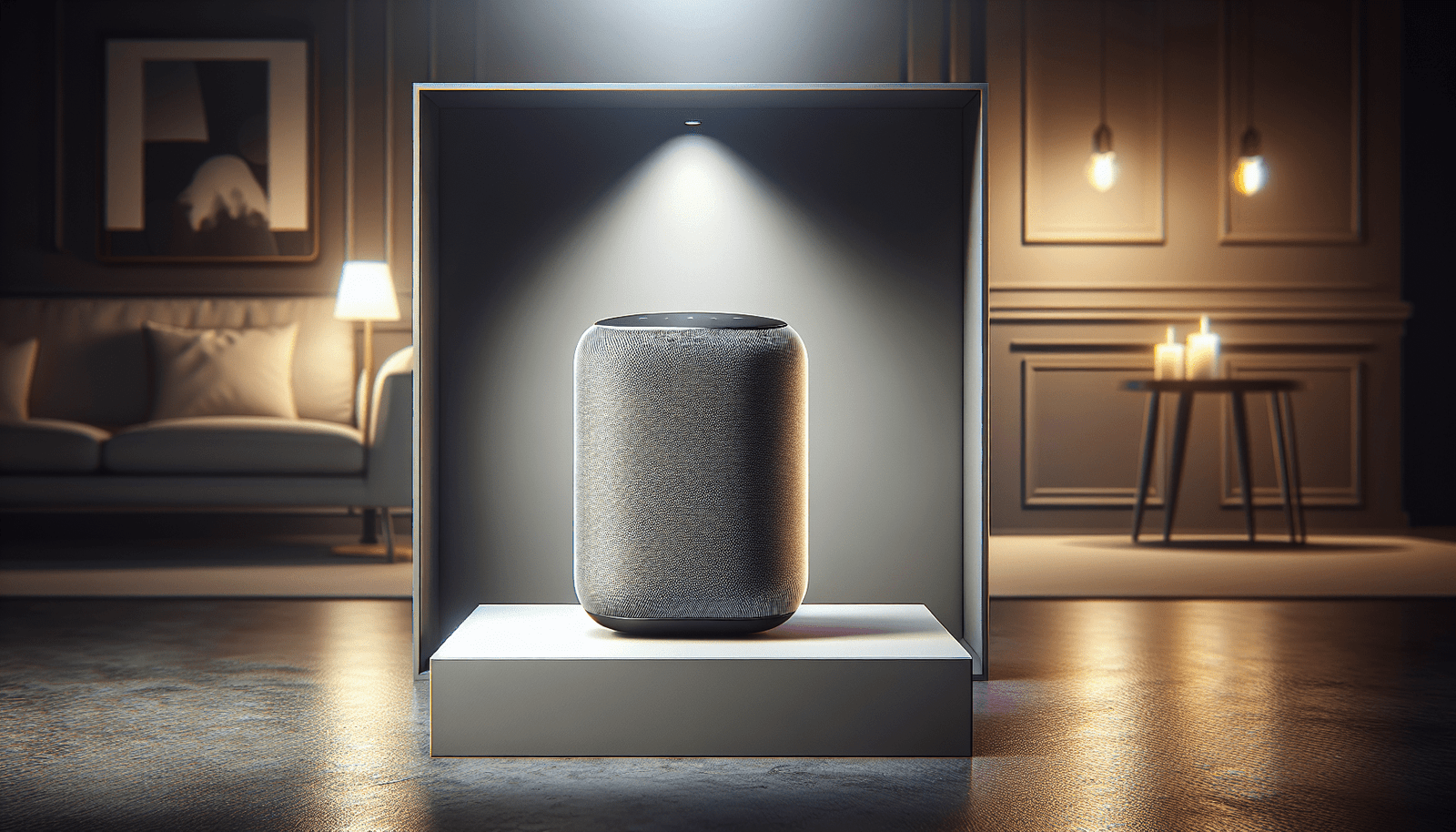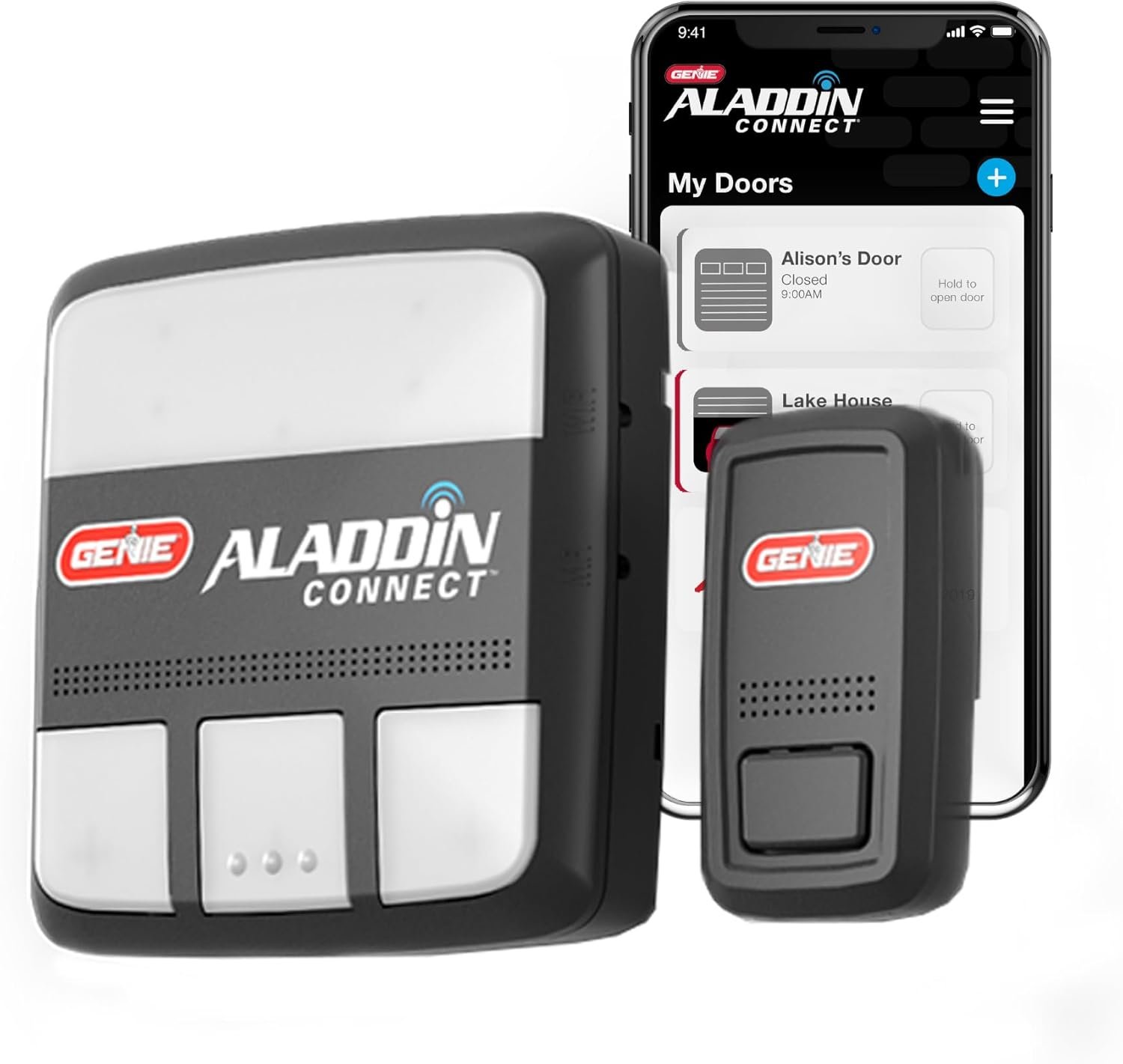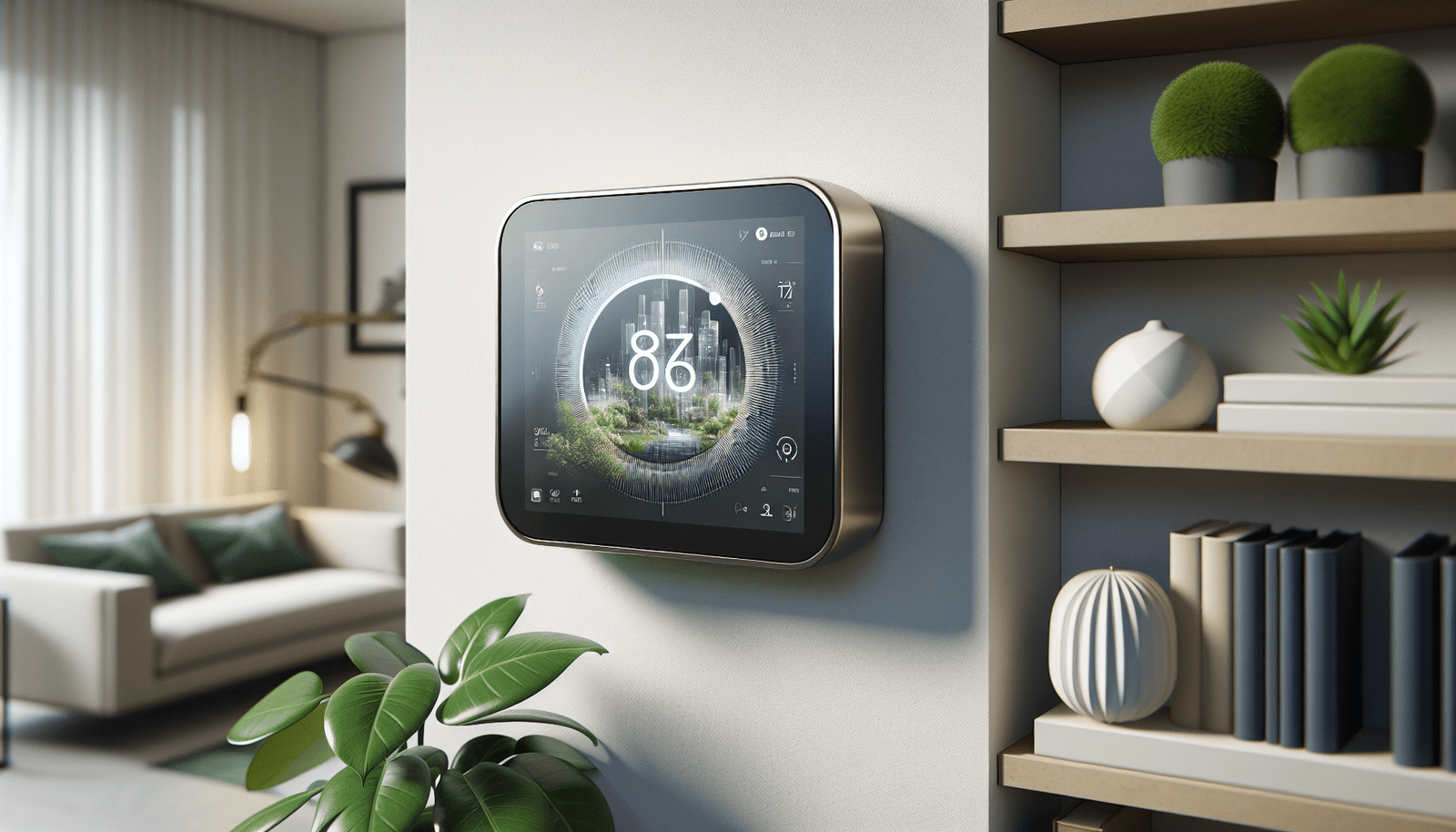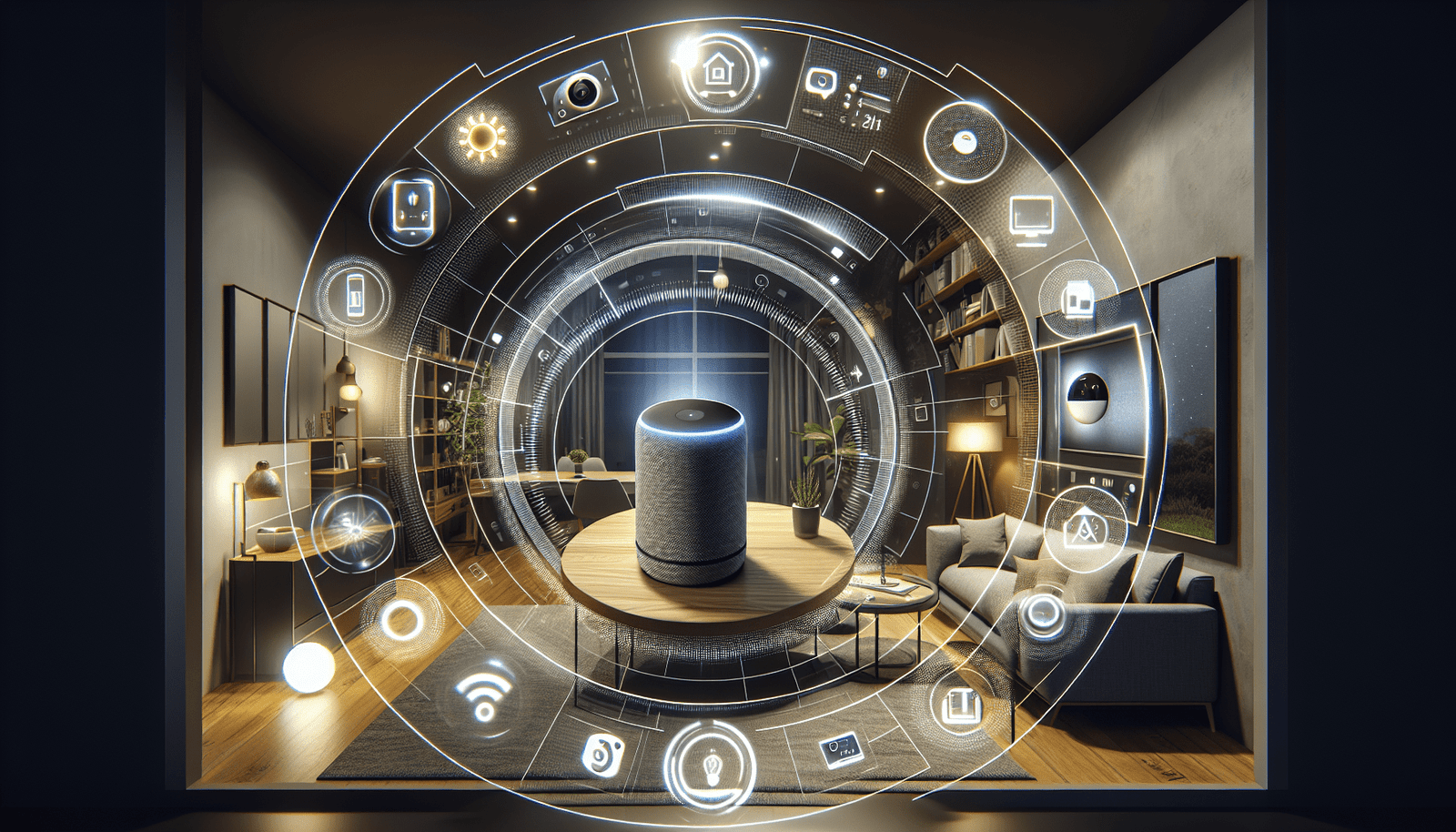Have you ever wondered if owning a smart speaker requires a subscription? It’s a common question, reflecting the growing curiosity about the capabilities and features of smart speakers. With the rise of smart home technology, more and more people are incorporating devices like smart speakers and hubs into their daily lives. But, navigating the landscape of technology options, potential subscriptions, and their associated benefits can be a bit overwhelming.
In this article, you’ll gain a clear understanding of whether a subscription is necessary for a smart speaker, and explore the fascinating world of smart speakers and smart hubs. We’ll discuss their functions, differences, and the many advantages they bring to your home. Whether you’re a tech enthusiast looking to enhance your setup, a first-time buyer seeking guidance, or a privacy-conscious user concerned about data security, there’s something here for everyone.
Understanding Smart Speakers
Before addressing the subscription aspect, it’s helpful to have a solid grasp of what smart speakers are. Essentially, they are devices embedded with virtual assistants such as Amazon’s Alexa, Google Assistant, or Apple’s Siri, allowing you to perform a wide range of tasks using voice commands. From playing music, providing weather updates, controlling other smart devices, to even telling jokes, these speakers have become versatile companions in many households.
Key Features of Smart Speakers
Smart speakers come with a variety of features designed to make your life easier. Here’s a quick look at what they typically offer:
- Voice Commands: Simply speak your requests, and your smart speaker processes and responds to them.
- Music Streaming: Play music from various streaming services.
- Home Automation: Control compatible smart home devices like lights, thermostats, and locks.
- Information Retrieval: Get instant answers to your questions, from trivia to daily news updates.
- Entertainment and Fun: Play games, listen to audiobooks, or enjoy podcasts.
These features can significantly enhance convenience and efficiency in your daily routine. However, the extent to which you utilize some of these capabilities may depend on whether you choose to subscribe to additional services.
Do You Need a Subscription?
Now to the heart of the matter—do you need a subscription for a smart speaker? The answer largely depends on your desired features and services. Let’s break it down:
Basic Functionality
For basic functionalities such as asking questions, setting timers, and controlling smart home devices, no subscription is required. Your smart speaker can perform these tasks right out of the box, provided it’s connected to the internet.
Music and Entertainment
If your primary interest is streaming music, a subscription might be beneficial. Popular music services like Spotify, Apple Music, and Amazon Music Unlimited offer extensive libraries and premium features through paid subscriptions. While free versions are available, they often come with limitations like ads or restrictions on song selection.
For non-music content such as audiobooks or premium podcasts, platforms like Audible may require a subscription. However, some smart speakers support free podcast streaming through various apps.
Smart Home Integration
Most smart home integrations won’t require a separate subscription. You can link your smart speaker to compatible devices and control them using voice commands. However, some advanced features or third-party services might ask for a subscription fee, especially if they offer enhanced security, analytics, or additional cloud storage.
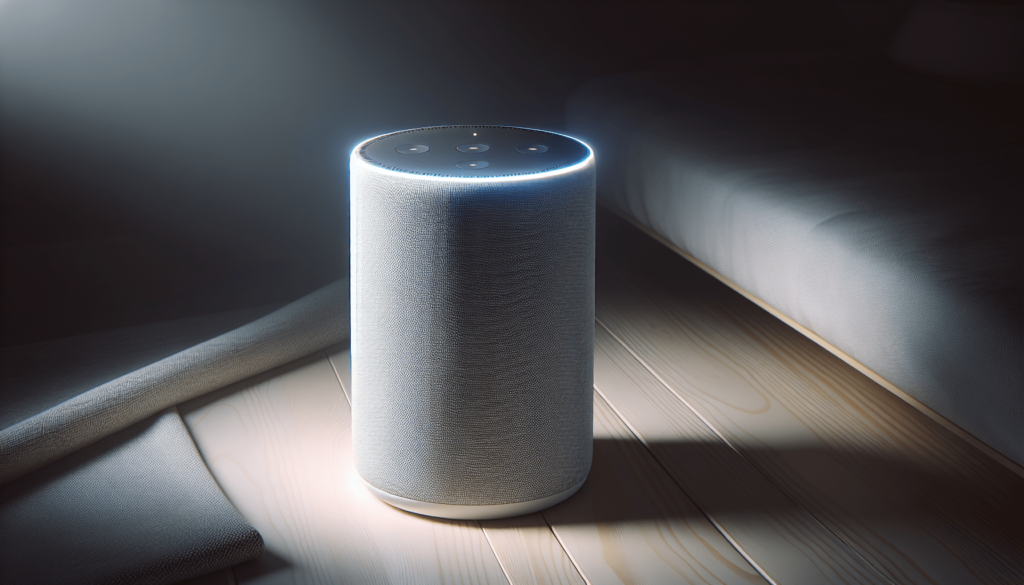
Comparing Smart Speakers and Smart Hubs
It’s important to differentiate between smart speakers and smart hubs, as your choice may influence whether you consider a subscription an essential aspect of your experience.
Smart Hubs: The Central Coordinator
Smart hubs act as the central coordinator for your smart home. They connect devices from different manufacturers, ensuring they all work seamlessly together. Unlike smart speakers, they don’t typically provide voice interaction directly but can be controlled through an app or linked to a smart speaker for voice commands.
- Centralized Control: Manages multiple smart devices from one hub.
- Compatibility: Supports various communication protocols (e.g., Zigbee, Z-Wave) to ensure wide compatibility.
- Automation: Allows for advanced automation setups, controlling several devices simultaneously.
Choosing Between a Smart Speaker and a Smart Hub
Choosing between a smart speaker and a smart hub depends on your specific needs and primary focus. If your main interest is voice control and you’re starting with basic smart devices, a smart speaker could suffice. On the other hand, if you have a range of devices from different brands and desire sophisticated automation, adding a smart hub might be advantageous.
Benefits of Smart Speakers
Smart speakers bring an array of benefits beyond their practical functionalities. Let’s explore some of these advantages:
Convenience and Ease of Use
With voice-activated controls, smart speakers offer unparalleled convenience. Whether you’re cooking, working, or relaxing, you can effortlessly operate your devices and access information hands-free.
Accessibility
Smart speakers can be a great resource for individuals with mobility impairments or visual challenges, providing hands-free assistance in completing various tasks safely and efficiently.
Entertainment and Ambiance
Transform your living space by creating an immersive sound environment. Whether it’s playing your favorite tunes, setting up mood lighting, or tuning into a favorite playlist, smart speakers make it easy to enrich your environment.
Efficient Home Management
Stay organized and on top of your tasks with reminders, timers, and calendars that you can set or check with simple voice commands. You can also optimize your energy consumption by controlling smart appliances and adjusting usage based on real-time feedback.
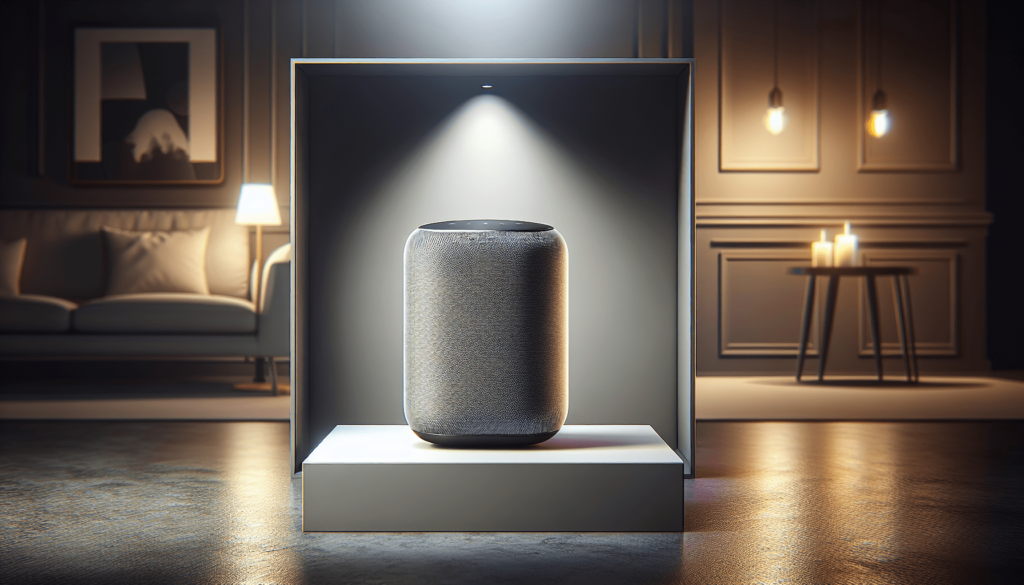
Addressing Privacy Concerns
Privacy is a crucial consideration for many potential smart speaker users. Here’s what you can do to safeguard your privacy with smart speakers:
Understand Data Collection
Smart speakers usually listen for a “wake word,” and only start recording once they detect it. Familiarize yourself with your device’s privacy settings, and make adjustments as needed to minimize data collection.
Review Privacy Settings
Check and customize the privacy settings on your smart speaker. You can often opt out of certain data-sharing features or periodically delete stored voice recordings.
Manufacturer Policies
Consider the privacy policies of the manufacturer. Some companies are more transparent and proactive in protecting user data, which could influence your purchase decision.
Music and Multi-Room Audio Features
For music lovers, smart speakers offer unique functionality that enhances the listening experience:
Quality Sound
Many smart speakers are designed to deliver high-quality sound, making them perfect for audiophiles. They often include features like bass enhancement, virtual surround sound, and more.
Multi-Room Sync
If you own multiple smart speakers, you can synchronize them to play the same music throughout your home, creating a cohesive sound experience with seamless transitions from room to room.
Streaming Service Compatibility
Most smart speakers are compatible with a wide range of streaming services, allowing you to listen to virtually anything you want, whenever you want. Keep in mind, though, that some services may require a subscription for premium access.
Troubleshooting and Optimization
Maximizing the performance of your smart speaker involves some troubleshooting and optimization:
Initial Setup and Connectivity
Ensure your smart speaker is correctly set up and connected to a stable internet network. This might involve connecting through Wi-Fi, ensuring the speaker is in range, and possibly updating your network equipment or settings.
Voice Recognition Improvement
Most smart speakers can improve voice recognition accuracy over time. Regularly updating voice samples can refine this feature, enhancing the speaker’s responsiveness to multiple users or varied accents.
Solving Common Issues
If you encounter issues such as connectivity problems or glitches, check the manufacturer’s support resources or FAQs. They often provide solutions to common challenges, such as resetting the device or updating software.
Security Tips for Smart Speaker Users
Security is an essential aspect of using smart speakers. Here are some measures you can take:
Secure Your Network
Use strong, unique passwords for your home network and smart speaker accounts, enabling two-factor authentication wherever possible. This makes it harder for unauthorized users to access your devices.
Regular Updates
Keep your device firmware and associated apps updated to protect against vulnerabilities and improve functionality.
Be Mindful of Integrations
Evaluate third-party integrations cautiously. Ensure these services are reputable and that you trust them to keep your data secure.
Comparing Popular Smart Speakers
A brief comparison of popular smart speakers can help you make an informed choice. Here’s a quick look at how some well-known devices stack up:
| Feature | Amazon Echo | Google Nest | Apple HomePod |
|---|---|---|---|
| Virtual Assistant | Alexa | Google Assistant | Siri |
| Music Service Compatibility | Amazon Music, Spotify | Spotify, YouTube Music | Apple Music, Spotify |
| Connectivity | Wi-Fi, Bluetooth | Wi-Fi, Bluetooth | Wi-Fi, AirPlay |
| Privacy Controls | Robust (Mic Off, Data Review) | Strong (Data Review, Voice Match) | Secure (Siri Shortcuts, End-to-End Encryption) |
| Price Range | $$ | $$ | $$$ |
Consider the features that matter most to you, such as compatibility with your devices, privacy options, and budget constraints.
Frequently Asked Questions
Can I use a smart speaker without the internet?
While basic local functions such as alarms or Bluetooth playback may work without internet, voice assistant capabilities typically require an internet connection.
Is it possible to use multiple streaming services on one device?
Yes, you can link various streaming services to one smart speaker, allowing you to switch between them based on availability or personal preference.
Will my smart speaker work with my existing smart home devices?
Compatibility mostly depends on the protocols your devices use. Many smart speakers offer broad compatibility, but it’s best to confirm with your current devices’ specifications.
Conclusion
To sum up, whether you need a subscription for a smart speaker ultimately depends on your usage preferences. While basic functions and many smart home integrations don’t require a subscription, advanced features, particularly in music streaming and premium services, might benefit from one.
By understanding the wide range of functionalities and privacy considerations, you can make an informed decision that best suits your lifestyle and needs. Whether you’re just beginning your smart home journey or looking to expand your current setup, smart speakers and hubs offer countless opportunities to enrich your environment.
Disclosure: As an Amazon Associate, I earn from qualifying purchases.
